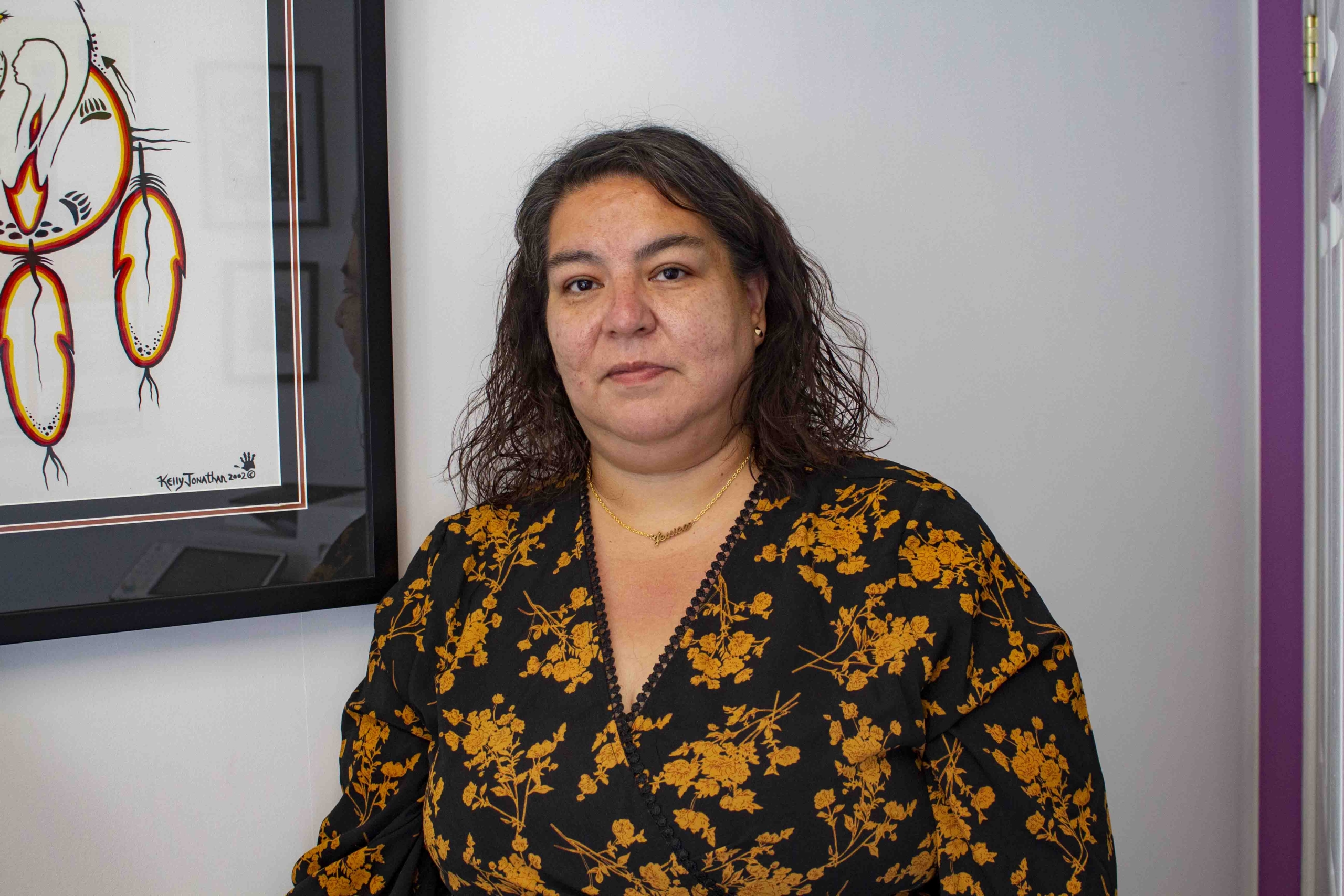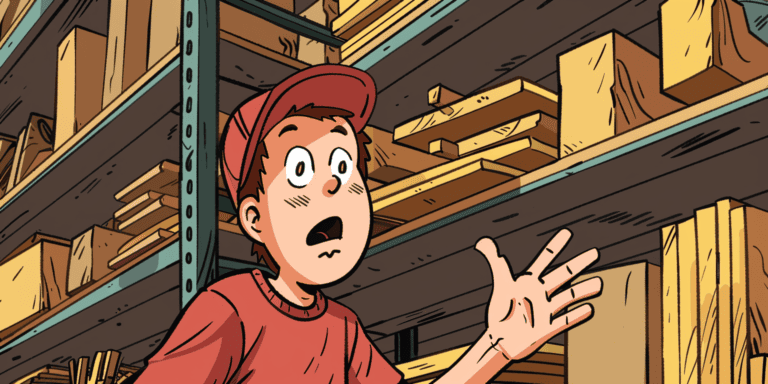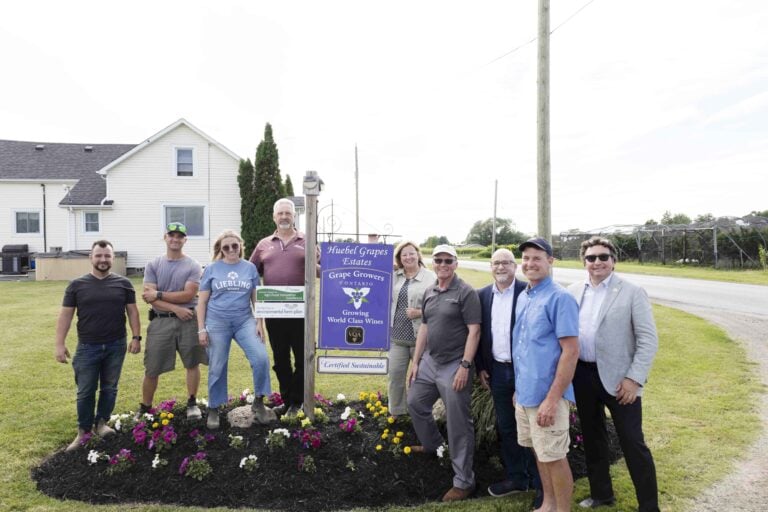Jessica Riel-Johns spends every day fighting to reduce the number of Indigenous people in the Canadian justice system.
“I actually really enjoy my job. I like working with the individuals that we come in contact with. Everybody has a story, right?” she says.
Riel-Johns is the director of the Niagara Regional Native Centre’s Indigenous Community Justice Program, which works to help Indigenous people aged 12 and up, from Hamilton to Niagara, navigate and avoid Ontario’s justice system.
“Every plan that we come up with is unique. Our stories may be similar, but our needs are different,” she said in an interview at her St. Catharines office.
Indigenous people are over-represented in the Canadian justice system.
In 2018, Indigenous people comprised 28 per cent of federal inmates but only 4.1 per cent of the Canadian population, according to a report published by the federal Department of Justice.
The Niagara program is multi-faceted in its approach. Among her duties, Riel-Johns oversees pre-diversion initiatives meant to help Indigenous people before charges have been laid.
As well, there is a post-diversion component, “when the charges have already been laid. So, we have anywhere from youth to adults right now within our program.”
Essentially, once an Indigenous person is involved in the program they are momentarily out of the traditional court system.
“They do some work with us and then what happens is, if they’re successful in that program, we’ll write a letter to the Crown and we’ll say, ‘This person was successful. Can we have these charges withdrawn?’ ”
It ultimately is up to the Crown whether to withdraw charges but the program has been very successful, she said.
In the case where someone does not complete the program they are then returned to the traditional court system, she said.
Riel-Johns also focuses on reducing recidivism rates. All of this work aims to lessen the imbalanced rate of Indigenous people incarcerated in Canada.
One of the most important aspects of the program is reconnecting Indigenous people with their culture.
“Because a lot of times people, throughout history — Sixties Scoop, residential schools — they’ll lose their identity,” she said.
“So they don’t know who they are or where they’re from.”
It’s easy to get lost in the world when your identity is ungrounded.
“It is. It really is. I think that’s some of the struggle that people have that we come in contact with, is they don’t know who they are.”
Justice, community and identity are in some ways the paradigm around which Riel-Johns focuses the program.
Indigenous friendship centres have played an essential role in giving disparate Indigenous communities and individuals a place to reconnect with cultures that were forcibly stripped from them by centuries of violent colonial oppression, she said.
“I think it gives them that sense of community and that sense of identity and of belonging with where we are, in the Niagara region.”
“It just helps them get back on that good path and be a part of the community.”
An important aspect of the program is its relationship with Crown attorneys.
“We have a fabulous relationship with them,” Riel-Johns said.
There are only three core staff running the program, which covers an area of well over a million people. But with understanding Crown attorneys and more than 64 volunteers, the justice program has been able to flourish.
“The program is such a success because it’s not just me. It’s about teamwork. Working with our court workers in Fort Erie and Hamilton and Brantford and here in Niagara.”
“Working as a team, it really builds that success.”
As the matters that Riel-Johns handles are the personal legal troubles of individuals, she could not talk about details on some of her success stories. But she said every one reminds her why she loves her job.
“Once I took this job and came into this position, my very first success story is always here,” she said, pointing to her heart.
“The Crown attorneys are so wonderful that they allow the individual to say something, if they want (when charges are withdrawn).”
“The individual that I had for my very first success story gave this beautiful speech about how much this has impacted their life and how they are doing so much better. I still hear from that individual and it’s been five years now.”
Riel-Johns grew up in Sault Ste. Marie, on the Batchewana First Nation. She studied criminal justice at Sault College but didn’t get involved in the work immediately.
“That was what I wanted to do and I didn’t end up doing it (at the time),” she said.
When she moved to Niagara, she enrolled in classes at Brock University and was quickly drawn to education. But she worked other jobs not directly relating to either field for a while.
She was connected with the program by one of its longtime members and now she has combined her desire for justice with her love of education to become the program’s director, a position she has held for nearly four years.
The program itself has been around for 23 years.
Riel-Johns also works with several other projects at the centre, including the literacy program, the I am a Kind Man program and a new program not yet launched that focuses on educating women and youth about violence and abuse.
Riel-Johns is in it for the long run.
“I always say, ‘My job’s not done yet. There’s still so much work to do.’”
She also advocates for the justice system to be trauma-informed so an understanding of past events that have affected an individual are taken into account.
She referred to Gladue reports, which are enabled by section 718.2 of the Criminal Code of Canada. All her staff are well versed in the code.
Gladue reports seek to present the circumstances of an Indigenous person’s life in order that the court is better informed.
The intent is to lessen the severity of sentencing Indigenous people face.
The report presents family history, issues such as residential schools, abuse and highlights trauma or intergenerational trauma that may be at play.
“Sometimes our courts are not fully trauma-informed.”
Riel-Johns takes a personal approach to her work and understands that an Indigenous person at the mercy of a colonial court institution needs a comforting presence.
“It’s hard for people just to walk into that environment. It’s very institutionalized and it’s very colonial.”
“Your going into this room and you’re sitting in front of people who are seated higher than you, above you.”
“I’ll walk them up and I’ll stand with them, too. Even if they are coming in through holding cells. They just need that extra support. As an Indigenous individual, I am an intergenerational survivor of residential schools.”
“It’s two different worlds.”











